Q&A: George Kurtz, CTO, McAfee
We met with the chief technology officer (CTO) of McAfee, the largest dedicated security vendor, to discuss the growing information security threats facing business, and how IT professionals can respond.
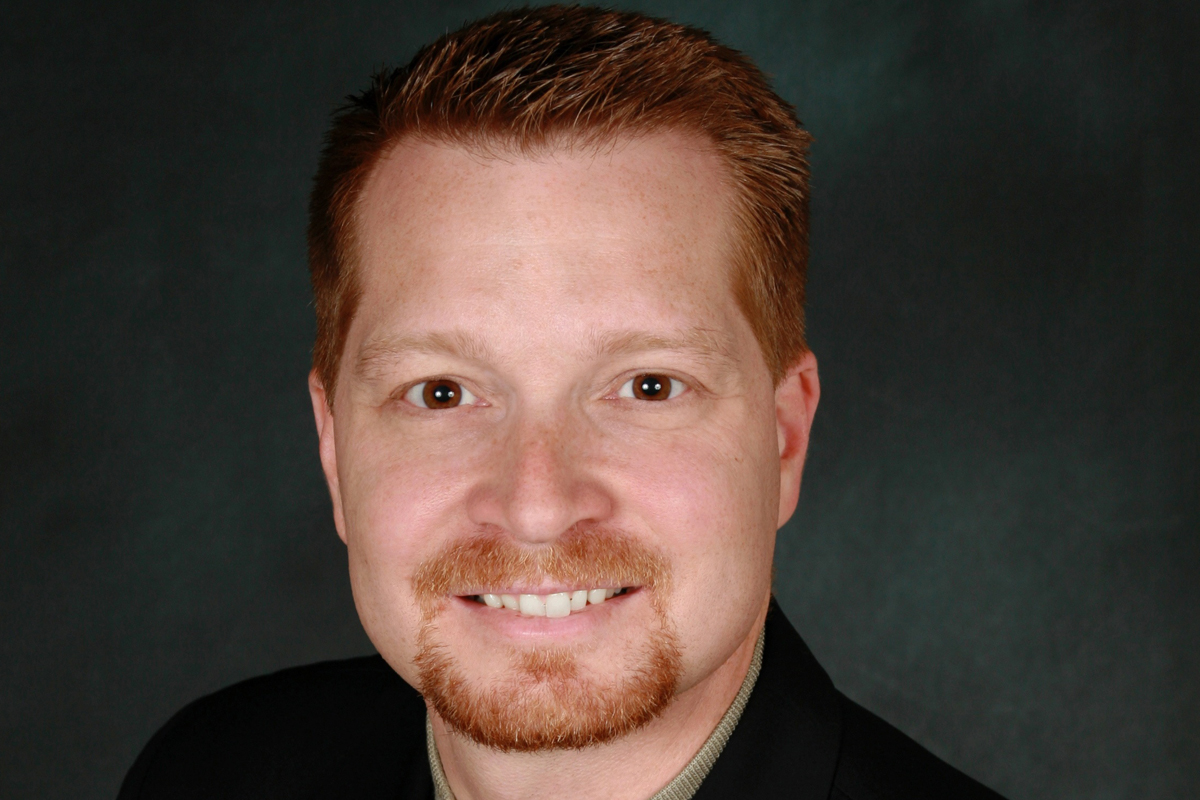
Spending on information security is one area that has escaped budget cuts in many enterprises, and for good reason. The threats against businesses continues to grow, as hackers become more sophisticated, and seek out new targets.
IT PRO met with George Kurtz, McAfee's chief technology officer (CTO), to discuss how companies can boost security, without standing in the way of innovation, and still allow businesses to exploit the consumerisation of IT.
You have been CTO at McAfee for around a year now. What's changed in that time, especially when it comes to the IT security threats faced by businesses?
What we are really focused on now are low and slow attacks, trying to evade any security technologies that are in place. We are seeing malware compiled for each company to avoid static signature detection and for the individual network settings of that company.
We are seeing much lower infection rates too as low as 10 computers within that company very targeted attacks at the critical servers and devices to gain access to whatever the intruder is looking for.
So why are attackers changing tack? What is prompting this?
It's more a refinement than a change. The refinement has really come in the ecosystem and the economy which has changed some of the tactics that the bad guys are using. Because the economy has become more fluid and more efficient and more anonymised in nature, not only are they trying to get in under the radar but they are just waiting. Sometimes they will wait months, even up to a year.
Get the ITPro daily newsletter
Sign up today and you will receive a free copy of our Future Focus 2025 report - the leading guidance on AI, cybersecurity and other IT challenges as per 700+ senior executives
These are almost sleeper cells within a company and they wait until the timing is right. When the timing is right it's almost a bank heist: they hit everything at oce pull out what they need and are gone.
They also have a technique I call social footprinting, mapping out what I call a "chain of trust" within privileged users. They are doing a lot of up-front reconnaissance so that when they attack, it has the most effect. So rather than "spray and pray", trying to infect as many people as they can, it is very targeted.
-
 Cleo attack victim list grows as Hertz confirms customer data stolen
Cleo attack victim list grows as Hertz confirms customer data stolenNews Hertz has confirmed it suffered a data breach as a result of the Cleo zero-day vulnerability in late 2024, with the car rental giant warning that customer data was stolen.
By Ross Kelly
-
 Lateral moves in tech: Why leaders should support employee mobility
Lateral moves in tech: Why leaders should support employee mobilityIn-depth Encouraging staff to switch roles can have long-term benefits for skills in the tech sector
By Keri Allan
-
 McAfee and Visa offer 50% off antivirus subscriptions for small businesses
McAfee and Visa offer 50% off antivirus subscriptions for small businessesNews UK Visa Classic Business card holders can access the deal starting today
By Zach Marzouk
-
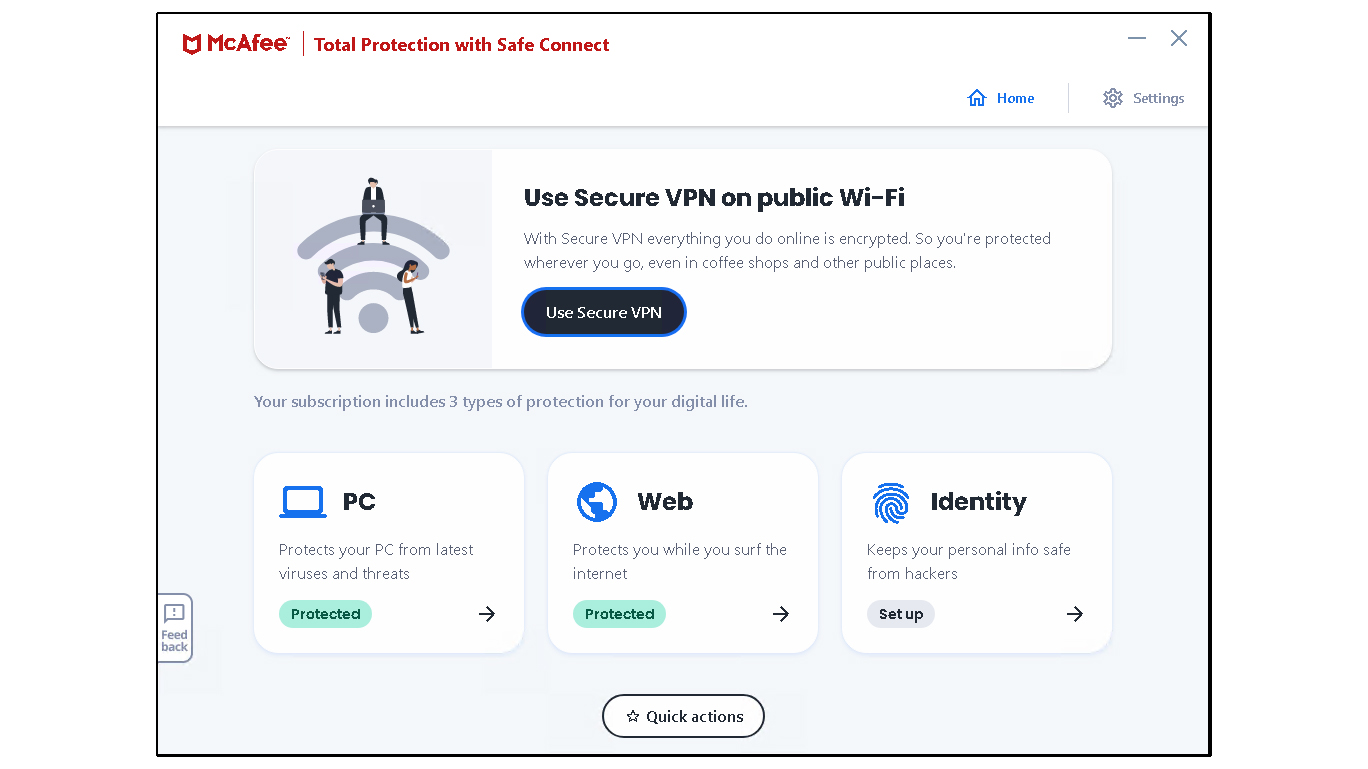 McAfee Total Protection review: Expensive at full price
McAfee Total Protection review: Expensive at full priceReviews Protects your PC and includes a decent firewall, but costly and less effective than some rivals
By K.G. Orphanides
-
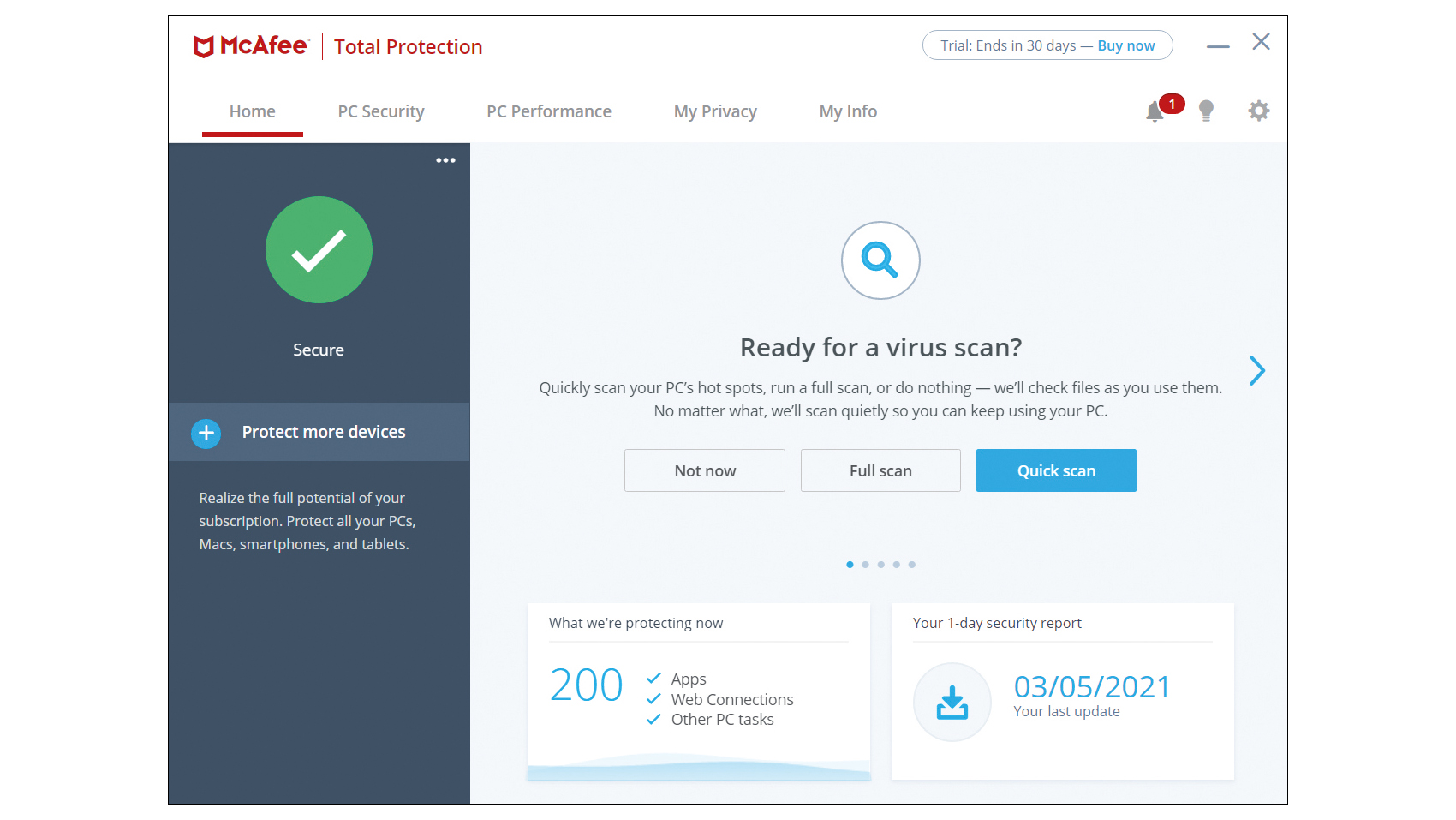 McAfee Total Protection review: Quick, effective and affordable
McAfee Total Protection review: Quick, effective and affordableReviews A solid security choice, with perfect malware protection, a fully functional VPN and more
By ITPro
-
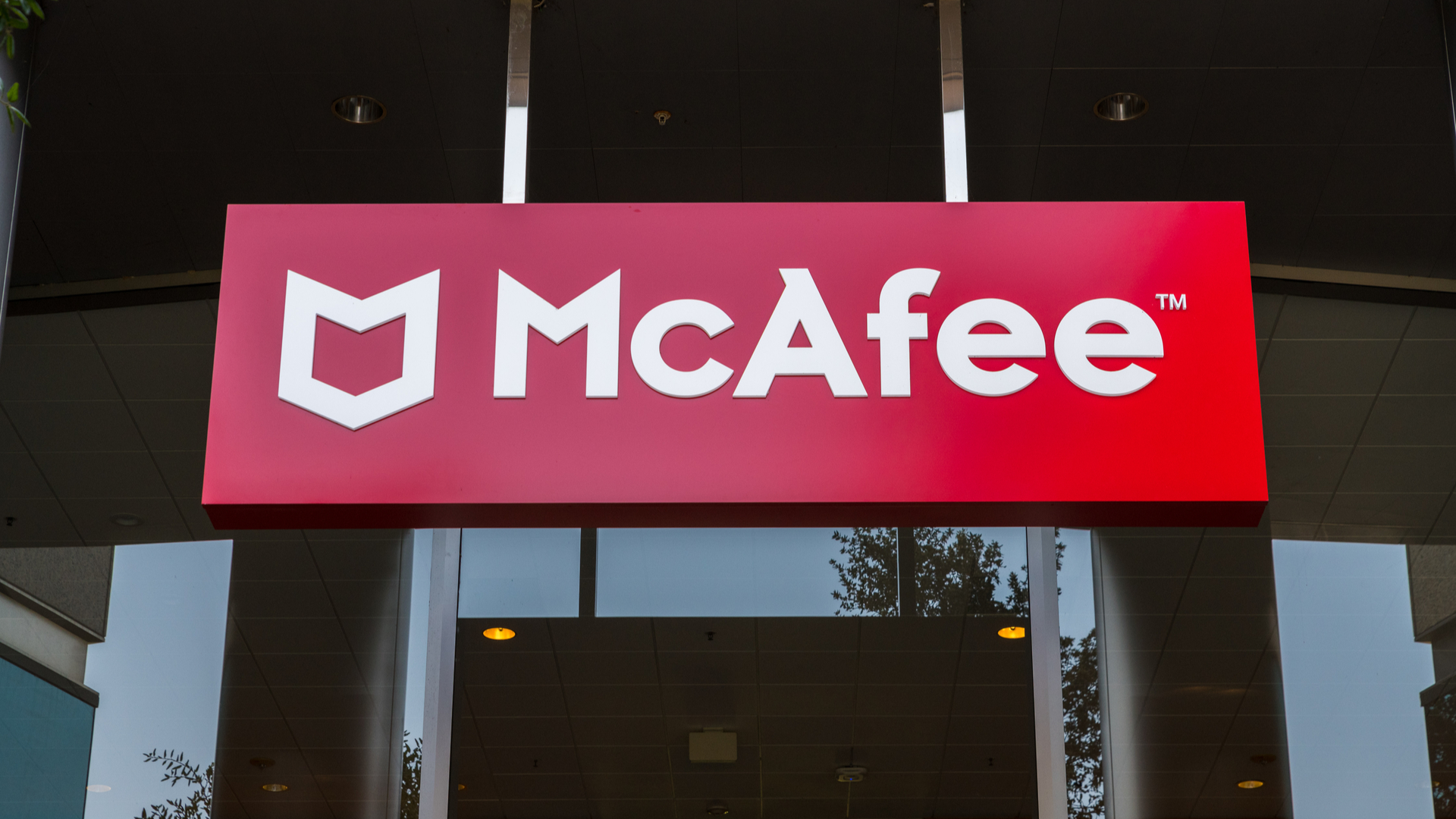 McAfee’s zero trust solution strengthens private applications’ security
McAfee’s zero trust solution strengthens private applications’ securityNews MVISION Private Access grants secure access to private resources from any device or location
By Praharsha Anand
-
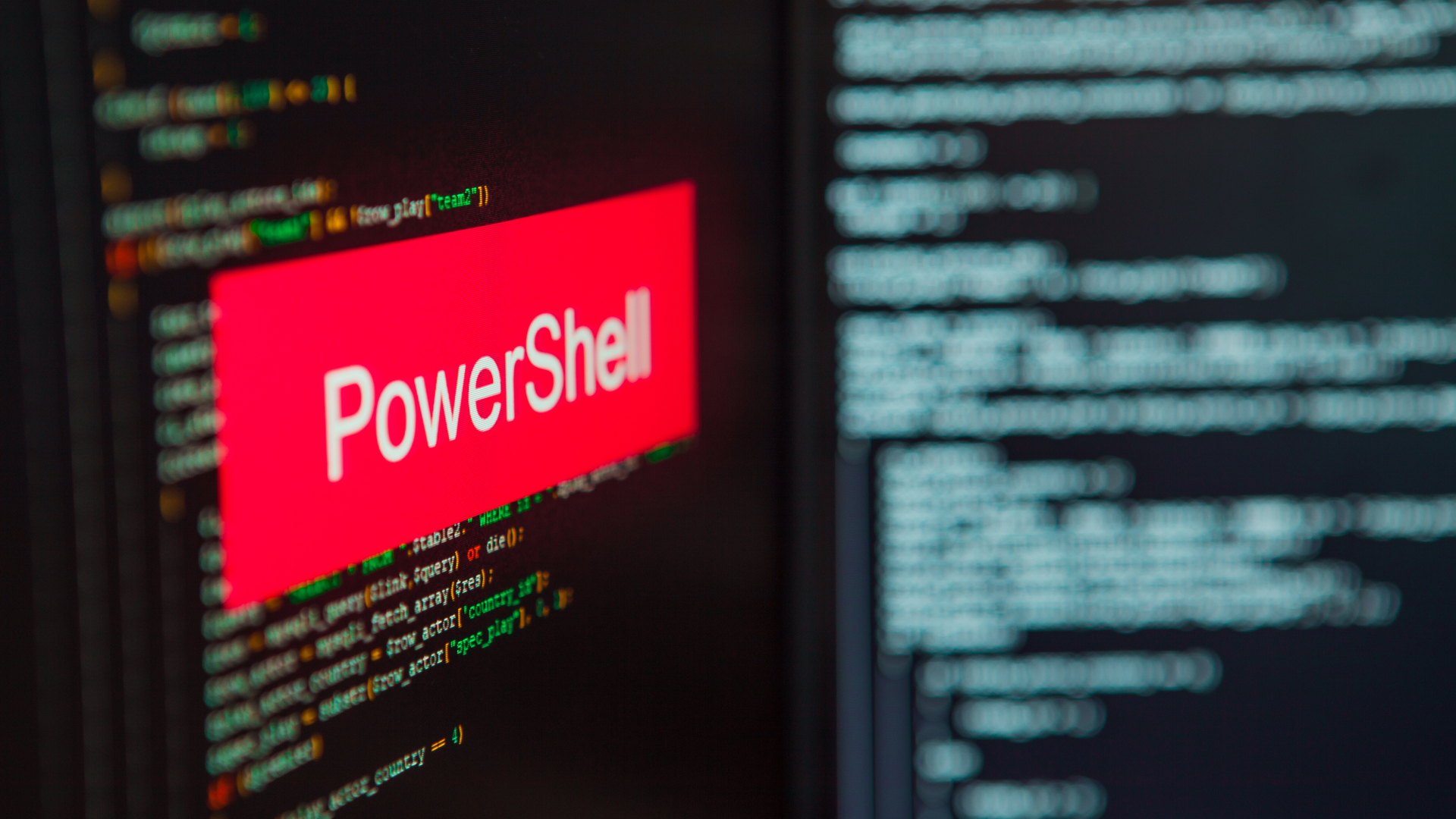 PowerShell threats increased over 200% last year
PowerShell threats increased over 200% last yearNews A new McAfee report finds PowerShell attacks driven largely by Donoff malware.
By Rene Millman
-
 McAfee to sell enterprise business to STG for £2.8 billion
McAfee to sell enterprise business to STG for £2.8 billionNews The enterprise business will be rebranded, with McAfee focusing on personal security
By Daniel Todd
-
 Has the US government finally nabbed John McAfee?
Has the US government finally nabbed John McAfee?News Official Twitter account claims notorious tech tycoon has been “detained by authorities”
By Adam Shepherd
-
 John McAfee ordered to pay $25 million over neighbour's murder
John McAfee ordered to pay $25 million over neighbour's murderNews Controversial figure insists that he will not pay
By Adam Shepherd